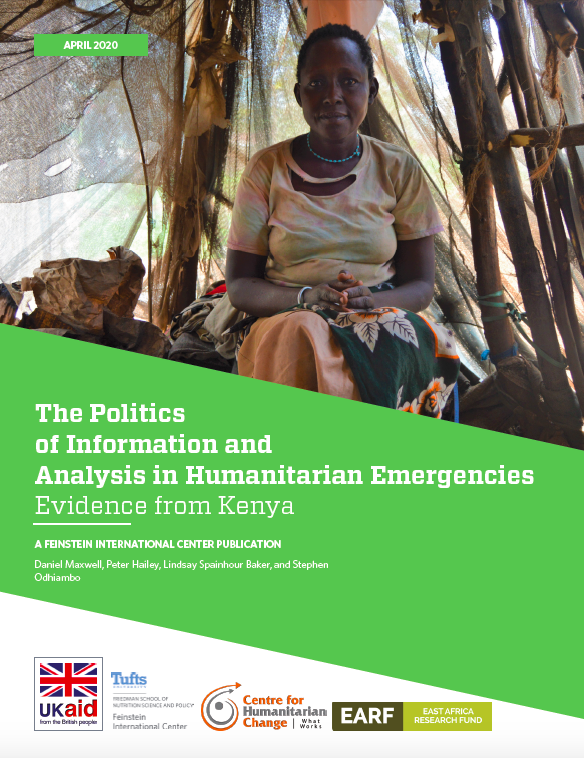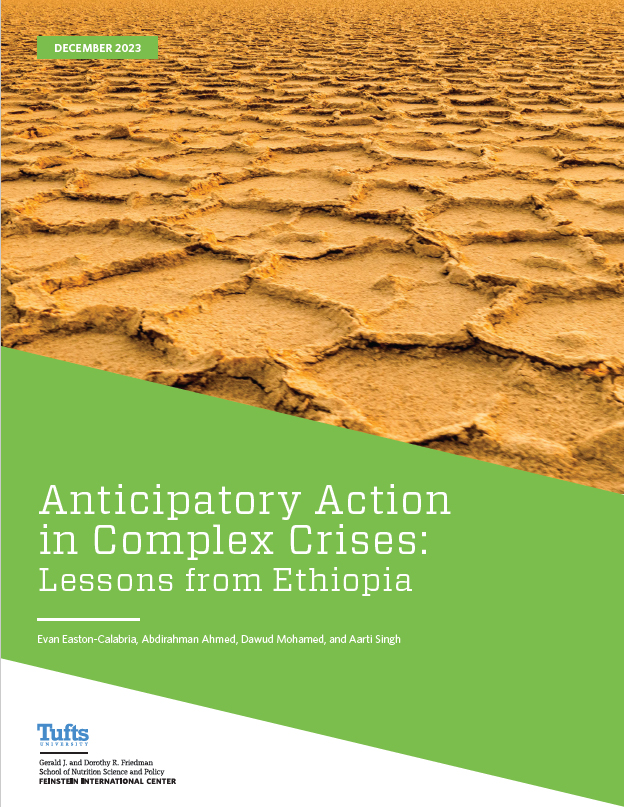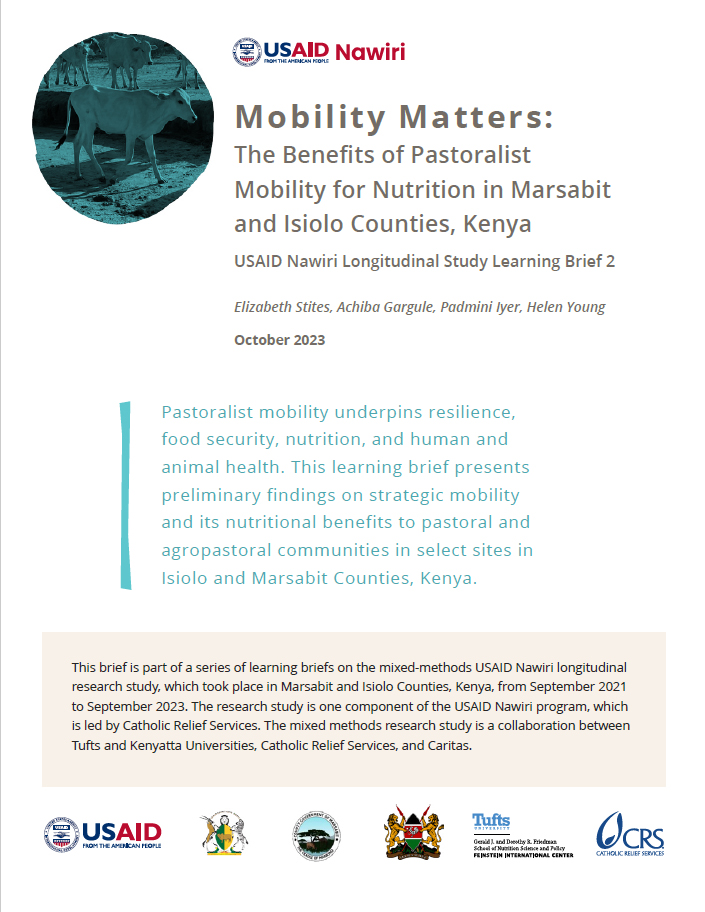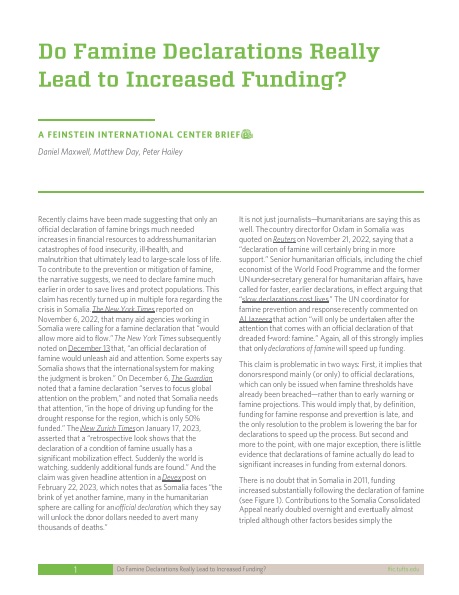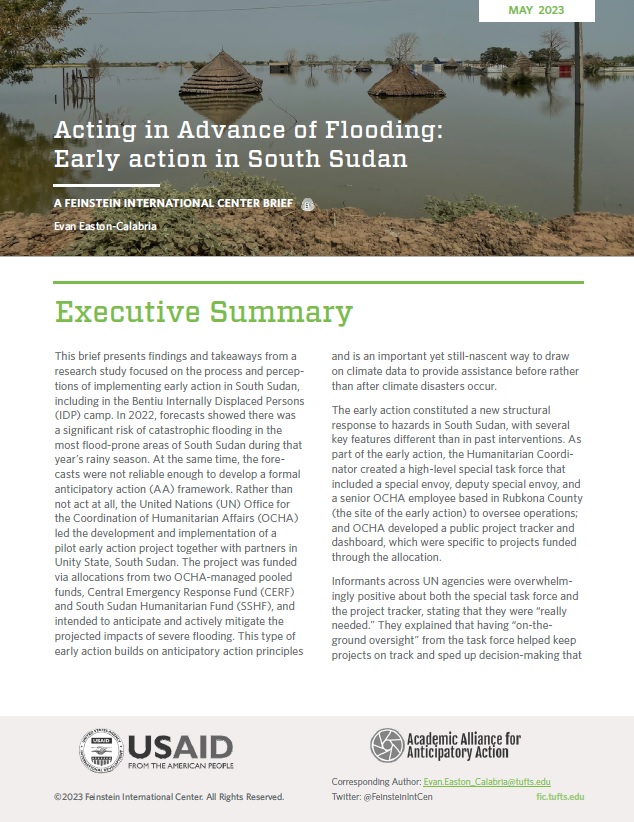Kenya has long experienced drought-related emergencies that caused high losses of livestock and destitution to livestock keepers. Therefore, in the 1990s the Government of Kenya and donors decided to treat drought as a systemic risk rather than on the basis of one-off humanitarian emergencies. This led to major changes in its food security information system. Today it is a government-led system relying primarily on surveillance site information and seasonal assessments. This system has kept Kenya from sliding into the kinds of humanitarian disasters seen in neighboring countries during large-scale droughts. Nevertheless, hunger and drought remain politically sensitive topics in Kenya and are subject to some political influences. This report discusses these politics of information and analysis and provides recommendations related to managing the political influences and improving the technical quality of the data and analysis.
Researchers from the Feinstein International Center and the Centre for Humanitarian Change in Nairobi jointly wrote this report on the politics of information and analysis in Kenya.

